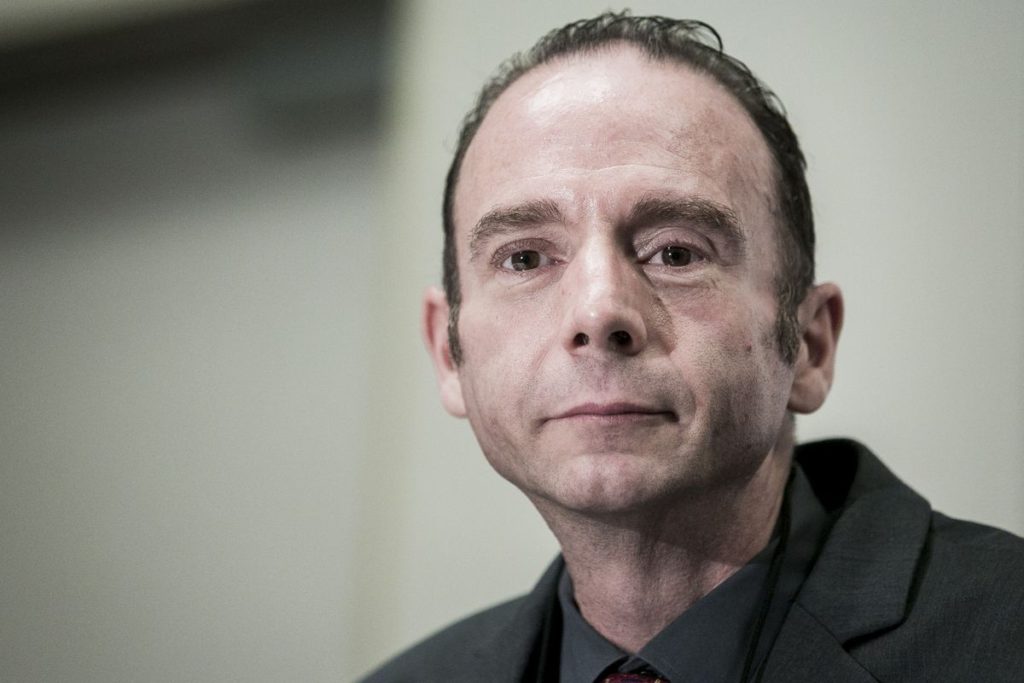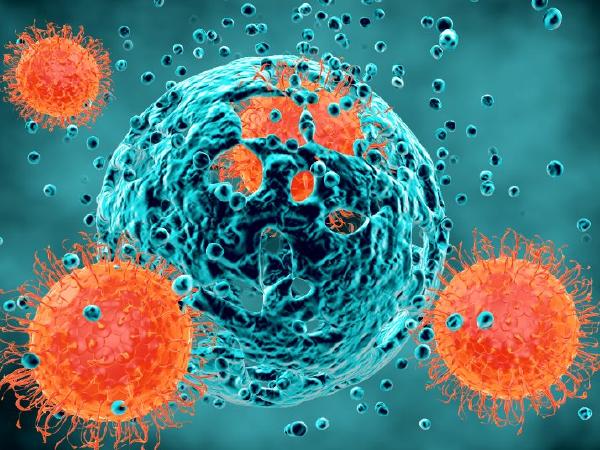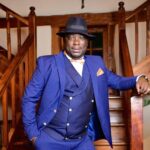Scientists consider that a man from London who has been in HIV remission for a year and a half is the second patient in the world with the virus cured 12 years after the first , according to US media.

Published on Monday in Nature, the case is “too early” to declare itself officially cured , but experts openly speak of “healing” in interviews after a year and a half without taking anti-HIV drugs , according to The New York Times.
The HIV of the “Patient of London” , that remains in the anonymity, began its remission as a result of a bone marrow transplant whose objective was to treat the cancer that he also suffered.
The case is almost identical to that of Timothy Brown , known in medical circles as “Patient of Berlin” , who in 2007 was the first patient declared cured of HIV.
In both cases, the bone markers they received came from donors with a dysfunctional CCR5 gene . Other HIV patients who received cardiac transplants with the functional CCR5 gene experienced improvement and were months without medication , but the virus never returned.
The healing of this second patient would be of vital importance since the “Berlin Patient” would no longer be an isolated case.
“Nobody doubted the veracity about the ‘Berlin Patient’, but he was only one patient , and which of the many things that were done contributed to the apparent cure? It was not clear what could be repeated,” he told The Washington Post the head of infectious diseases of the Hostital Brigham and Women’s of Boston, Daniel Kuritzkes.
Although bone marrow transplants are unlikely to be established as treatment for HIV because of the risk they carry, similar immune cells could be used , experts say.
“This will motivate people cure is not a dream. It is achievable , ” he told The New York Times the Dr. Annemarie Wensing, virologist at the University Medical Center Utrecht (Netherlands).
Speaking to the New York newspaper, the “London Patient” considered “surreal” and “overwhelming” that a single transplant could have cured cancer and HIV.
“I feel a sense of responsibility to help doctors understand how it happened so they can develop science,” he said. “I never believed,” he added, “that there would be a cure during my life.”














